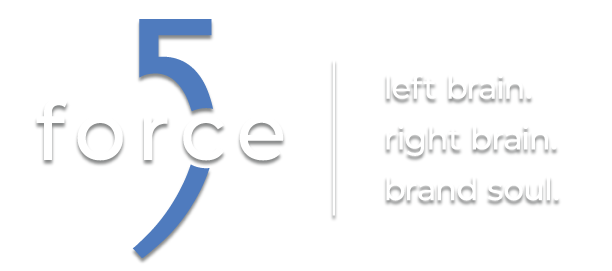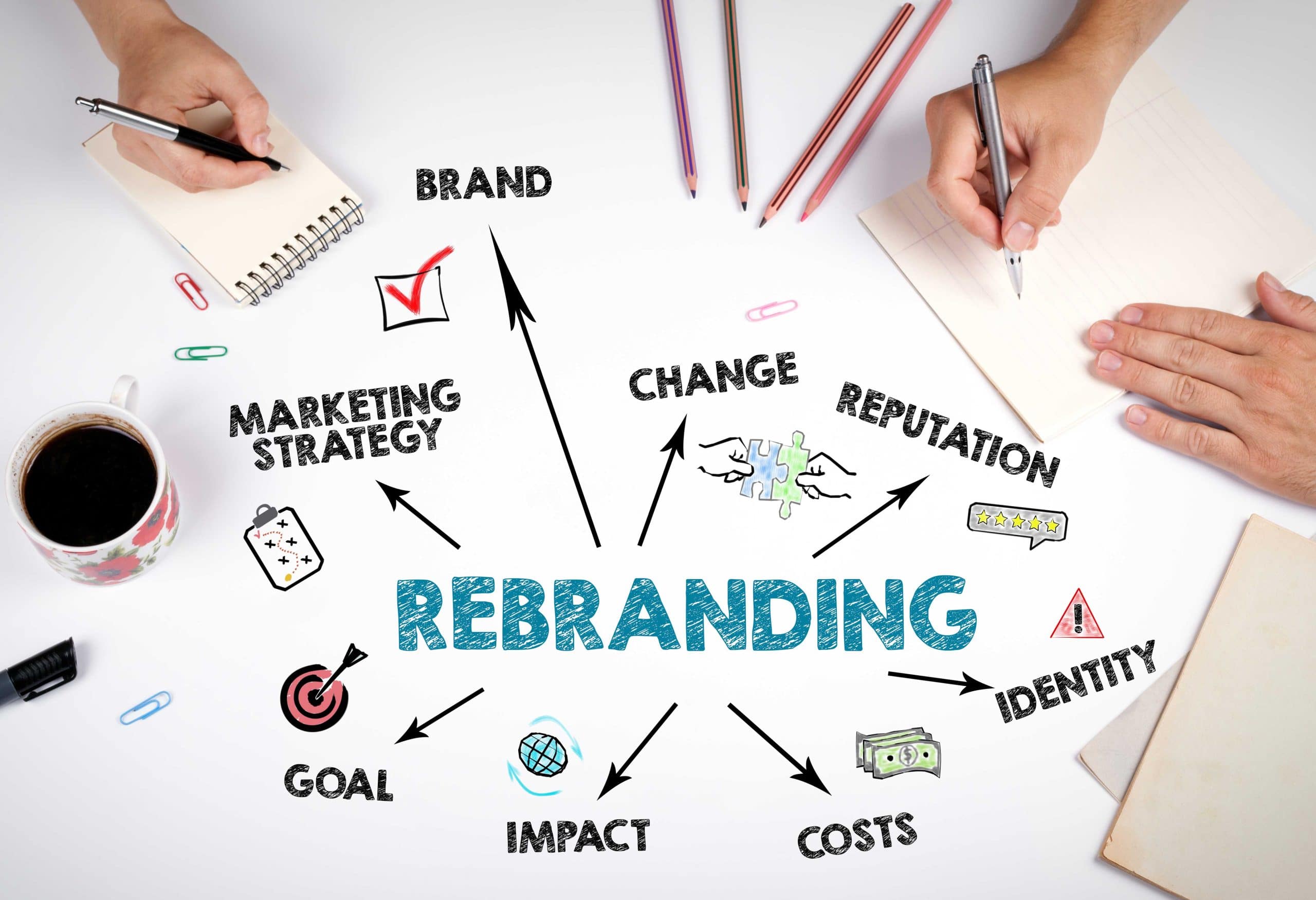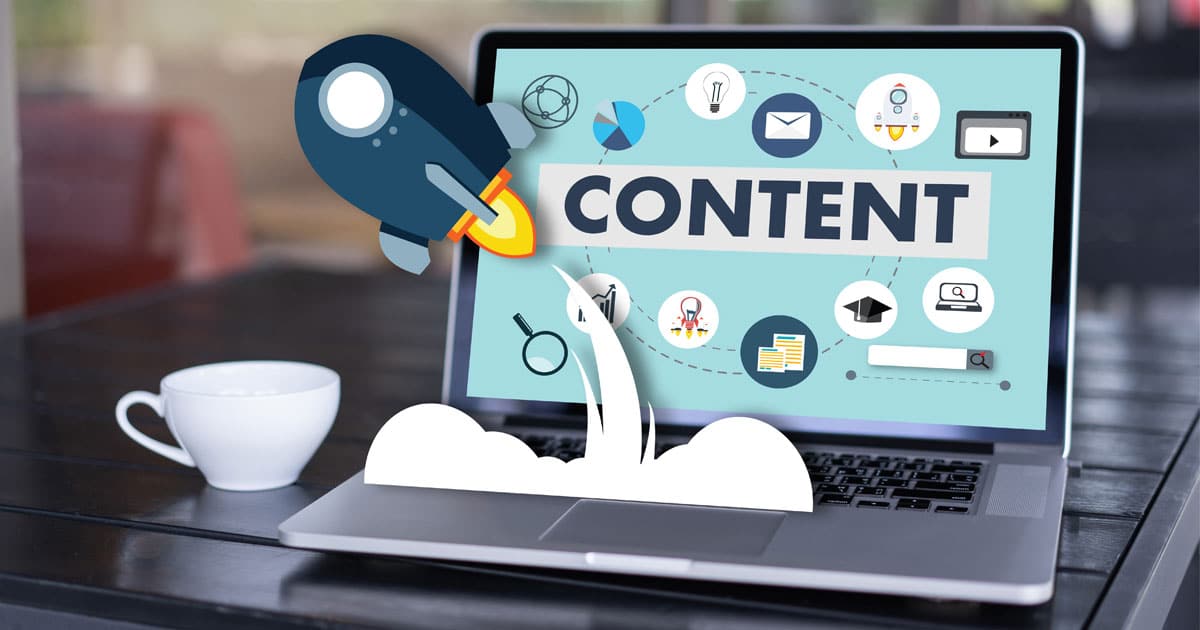I emailed a respected marketer and he made a statement that was quite profound. He said, “Free stuff we’ll take all day long. But I also don’t want to work with somebody who gives away their products or services too cheap – if they can’t sell their own stuff, how can they help me sell mine?”
I loved his perspective in a time when open source code, free downloads, Groupons, free newsletters, “kids eat free,” are running rampant. People seem to crave “free” and statistically, they move in big numbers when the see the word “free” attached to a marketing campaign. However, I have big concerns with “free” (or the ridiculously reduced.)
As I wrote in an earlier post about scarcity, for things to be valuable people must perceive them as both a) useful and b) scarce. So, when we say something is “free” (meaning zero monetary value) people intuit that the service or good is either not very useful to them or it is abundantly available to all. Free lowers perceived value.
Another reason I am concerned about free is that people intrinsically intuit that “nothing is free.” So, clients assume there are strings or other cost attached. For example, our developers utilize an amazing open-source CMS/CMF called Drupal. This PHP-based code is available to us and everyone for no cash outlay. However, learning Drupal has been anything but free to Force 5. Our team has invested scores and scores of unbillable R&D hours to learn this protocol. “Free” usually has a cost attached – somewhere.
So, why are so many sales people and marketers using “free” (or ridiculously under-priced) to gain business? For me, there are only four plausible explanations:
1) You are lowering the barrier to entry. Free trials can lead to sales but they must be made scarce; meaning they are limited. Free one time to get to know your product or service. After that, it’s time to charge – drug dealers have known this for years.
2) You are relying on the social norm of reciprocity. (You scratch my back, I’ll scratch yours.) This is a risky approach. As I mentioned, people usually assume “nothing is for free” so they will take and take from you with little compulsion to give you anything in return.
3) You don’t believe your product or service is really very valuable. If this is the case, it’s time for a gut check. It’s time to evaluate and change your product or service to meet the demands of a crazily competitive market.
4) You’re a little lazy or at least not very creative. Free is easy. Free is fast. Free is simple. Free creates a lot of activity. Free doesn’t require you to make a compelling case for your product. Maybe it’s time to work on your marketing or selling skills, at least a little.
So the question must be asked: Are you overusing “free” and at what cost?



